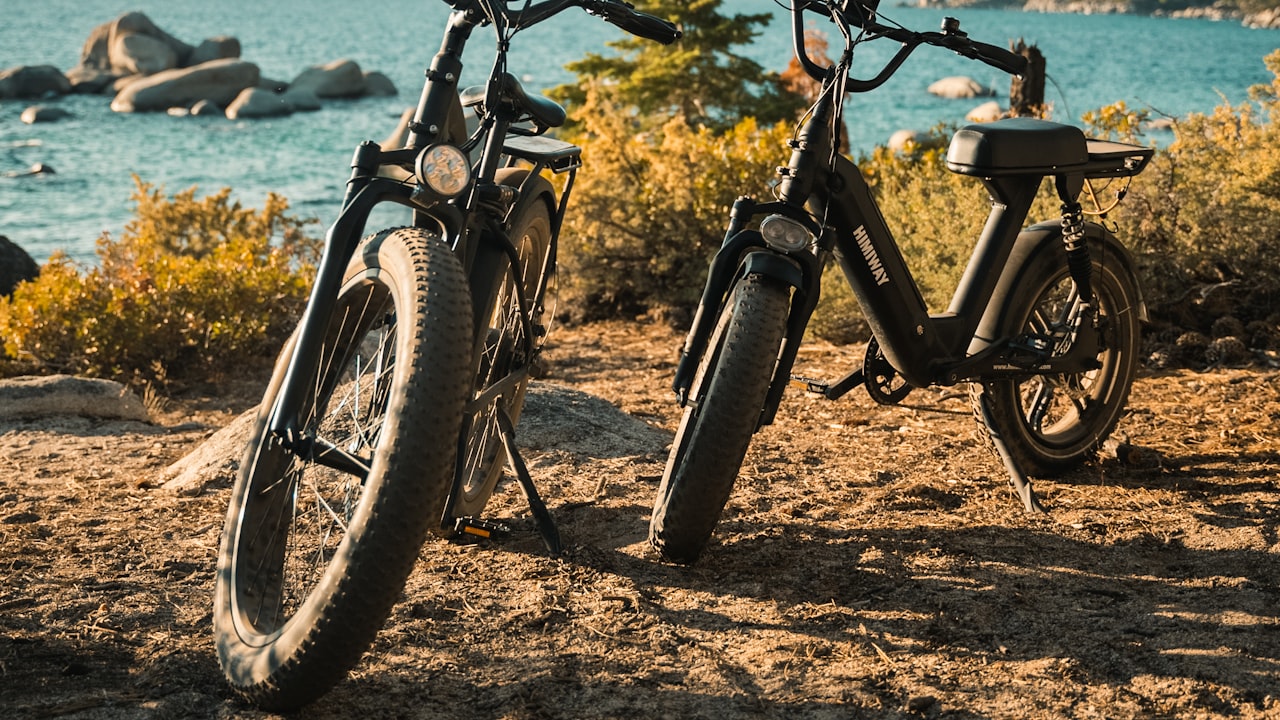Quality-check in forging electric bike parts is a crucial step in the manufacturing process to ensure that the parts meet the required standards for strength, durability, and dimensional accuracy. There are several methods that can be used to perform quality checks on forged electric bike parts, including:
Non-destructive testing (NDT):
It involves using techniques such as ultrasonic testing, X-ray inspection, or magnetic particle inspection to check for defects in the forged part without damaging it.
Dimensional inspection:
It involves measuring the dimensions of the part to ensure that it meets the required tolerances and specifications.
Hardness testing:
It involves measuring the hardness of the forged part to ensure that it has the required strength and durability.
Visual inspection:
It involves examining the part visually to check for any defects such as cracks, porosity, or surface finish issues.
Mechanical testing:
It involves testing the part under load to determine its strength, ductility, and toughness.
Quality checks should be performed at various stages of the manufacturing process, including during the initial raw material inspection, after forging, and after any heat treatment or surface finishing processes.
Any defects or deviations from the required standards should be identified and addressed before the parts are released for use in electric bikes. Manufacturers can ensure that the forged electric bike parts meet the required standards for safety, performance, and reliability by performing thorough quality checks.
What will happen if the quality check is skipped in the electric bike parts forging process?
If quality checks are skipped in the electric motorcycle parts forging process, it can result in the production of parts that do not meet the required standards for strength, durability, and dimensional accuracy. It can lead to several potential issues:
Safety risks:
If the parts are not manufactured to the required standards, they may not be able to withstand the stresses and loads they will be subjected to during use. It can result in safety risks for the rider, such as part failure, which can lead to accidents.
Performance issues:
Parts that do not meet the required standards may not perform as expected, which can affect the overall performance of the electric bike. It can result in reduced efficiency, lower speed, and decreased range.
Increased costs:
If parts are not manufactured to the required standards, they may need to be reworked or scrapped, resulting in increased costs for the manufacturer. Additionally, if parts fail prematurely, It can result in additional costs for the customer for repairs or replacements.
Damage to reputation:
If parts fail prematurely or do not perform as expected, It can damage the reputation of the manufacturer, leading to reduced sales and loss of market share.
Nonetheless, skipping quality checks in the electric bike parts forging process can result in serious consequences for both the manufacturer and the customer. It is essential to perform thorough quality checks to ensure that the parts meet the required standards for safety, performance, and reliability.

